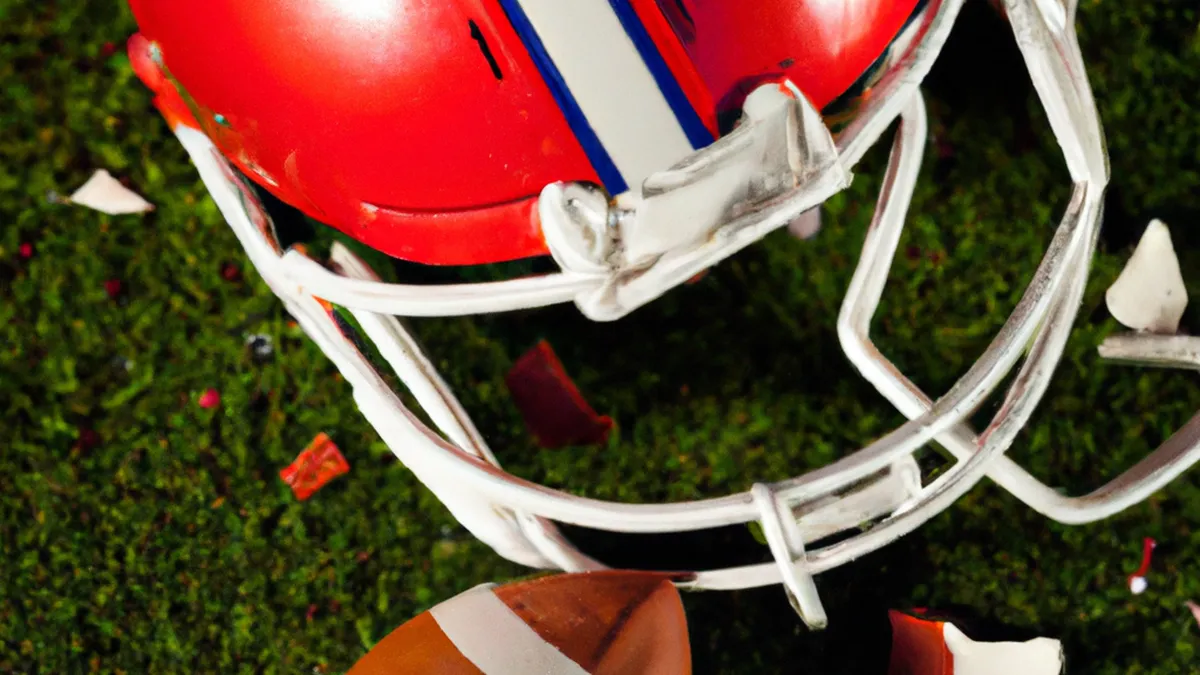Avoid Cramping: Hydration Techniques for Runners
Designing Hydration Plans for RacesRaces test your physical capability and mental resilience. Proper hydration ensures success in any race, including 5Ks, marathons, and ultramarathons. Dehydration causes fatigue, decreases performance, and can lead to serious health issues. A well-designed hydration plan significantly impacts your race day performance. This guide will help you create an effective hydration strategy for your needs.
Understand Your Hydration Needs
To create a hydration plan, understand your body’s hydration needs. Each person requires different hydration based on age, weight, climate, and race distance.
Calculate Your Sweat Rate
Start by calculating your sweat rate. Weigh yourself before and after a training session under similar conditions to race day. Follow these steps:1. Weigh yourself (in pounds) before your workout.2. Complete your workout and track the time.3. Weigh yourself immediately after the workout, in the same clothing.4. Subtract your post-workout weight from your pre-workout weight.5. Add any fluids consumed during the workout to the weight loss.This result indicates how much fluid you lose per hour. For example, losing 2 pounds during a 1-hour workout and consuming 16 ounces of fluid means your sweat rate is roughly 32 ounces per hour.
Monitor Your Hydration During Training
During training runs, note your fluid intake and body responses. If you feel fatigued, dizzy, or cramp, adjust your intake. Experiment with different strategies to find what works best for you.
Create a Hydration Schedule
As an Amazon Associate I earn from qualifying purchases.
Gear tip: consider electrolyte mix, hydration tablets, and whey protein powder to support this topic.
After understanding your hydration needs, create a schedule outlining when and how much you will drink during the race.
Pre-Race Hydration
Start hydrating days before the race. Drink at least 16-20 ounces of water or an electrolyte-rich beverage two hours prior. This ensures you are well-hydrated at the start. In the days leading up to the race, consume high-water-content foods, like fruits and vegetables, to enhance hydration.
During the Race
During the race, maintain consistent fluid intake. For shorter races (5K to 10K), drink about 3-4 ounces every 15-20 minutes. For longer races (half-marathons and marathons), consider…
Conclusion
Implement these strategies to optimize your hydration and enhance your race performance.
Below are related products based on this post:
FAQ
Why is hydration important for races?
Hydration is crucial for maintaining physical performance and mental resilience during races. Dehydration can lead to fatigue, decreased performance, and serious health issues, making a proper hydration plan essential for success.
How can I calculate my sweat rate?
To calculate your sweat rate, weigh yourself before and after a training session, noting any fluid intake during the workout. Subtract your post-workout weight from your pre-workout weight and add the fluids consumed to determine how much fluid you lose per hour.
What should I do to hydrate before a race?
Begin hydrating at least two hours before the race by drinking 16-20 ounces of water or an electrolyte-rich beverage. Additionally, consume high-water-content foods in the days leading up to the race to enhance your overall hydration.















Post Comment